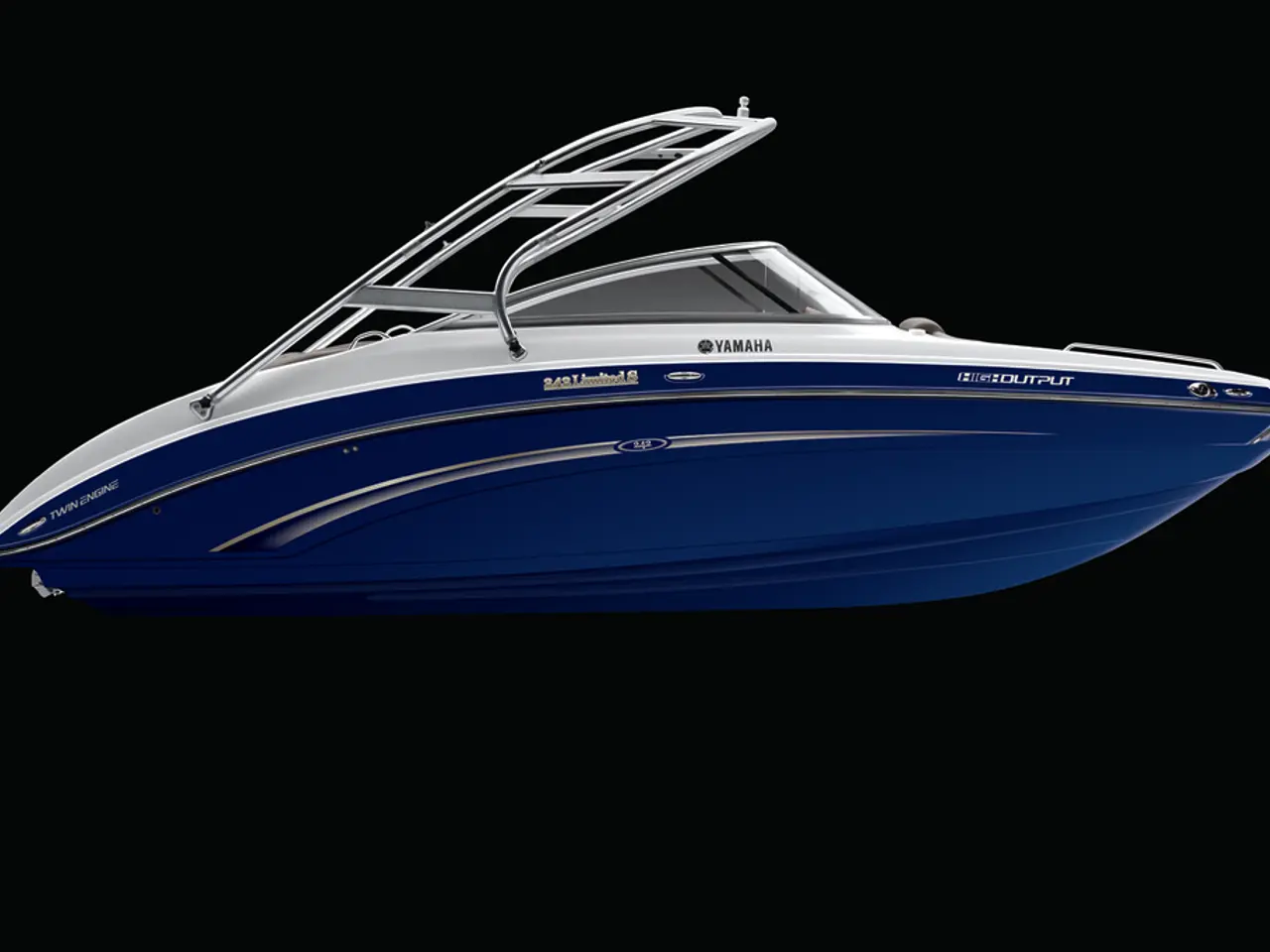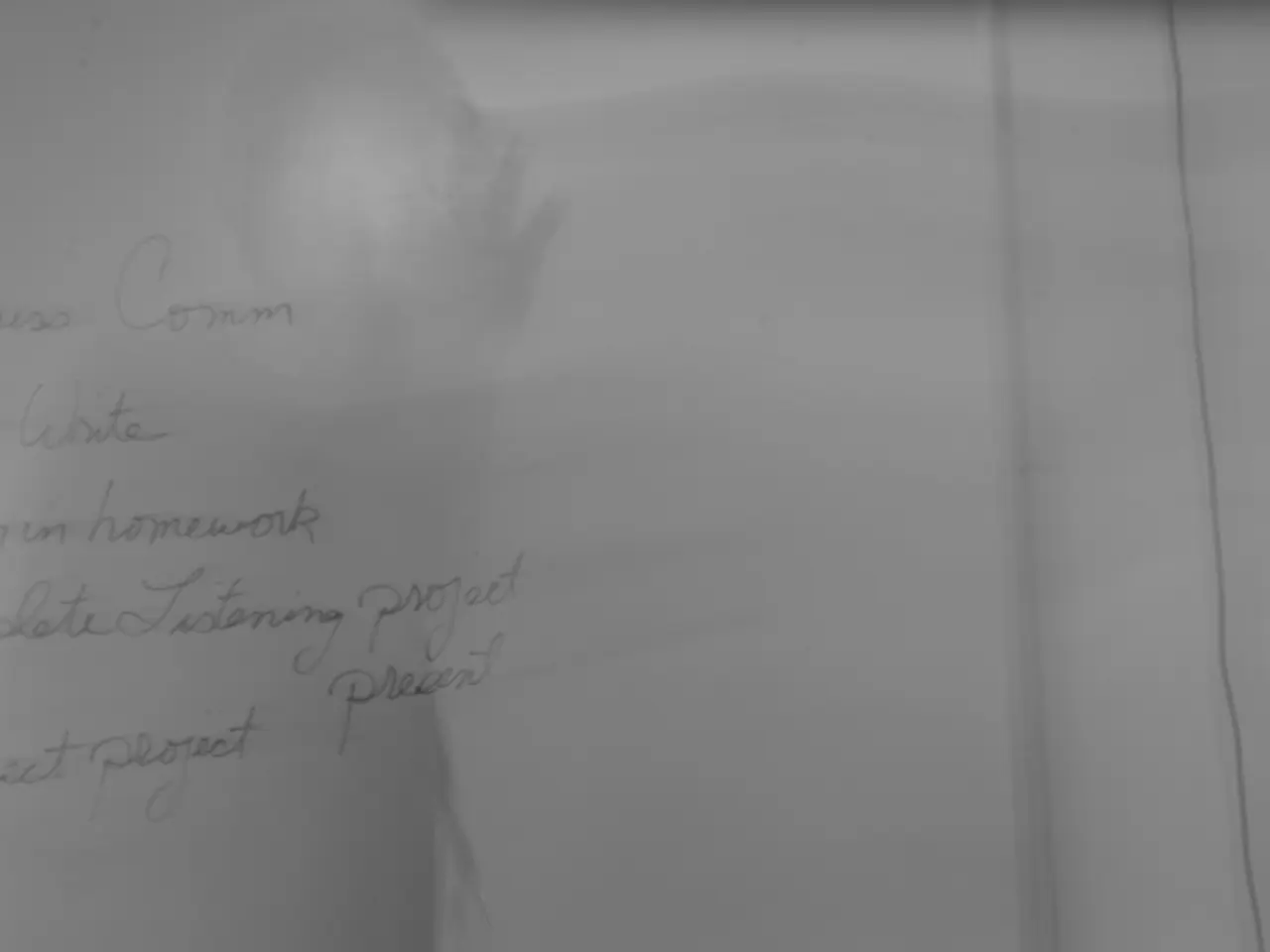NOK's significance may dwindle in the future
The Kiel Canal, the world's busiest artificial waterway and a vital sea waterway for German imports and exports, is facing a potential decline in appeal to users, according to the Initiative Kiel-Canal (IKC) and the Nautical Association in Kiel (NVzK). In a joint letter to the Federal Ministry of Transport, these maritime organizations have expressed their serious concerns about the medium and long-term prospects of the Kiel Canal.
The IKC, led by Chairman Jens Broder Knudsen, has stated that the canal is becoming less attractive for users. The GDWS, the General Directorate of Waterways and Shipping responsible for the Kiel Canal, describes the waterway as relatively stable. However, the IKC and NVzK have a more critical view of the canal's condition and development.
The concerns raised by the IKC and NVzK are not new. Historically, these organizations have highlighted the need for ongoing maintenance, expansion, and modernization of canal infrastructure to accommodate larger vessels and increased traffic. Ensuring that the canal remains safe, efficient, and competitive with other European waterways is a perennial focus.
In addition to infrastructure concerns, the IKC and NVzK have also expressed a push for ecological sustainability. They advocate for the integration of ecological criteria into navigation charges to incentivize environmentally friendly shipping practices. This aligns with global trends in maritime sustainability, where canal authorities seek to balance commercial needs with environmental protection.
Adapting to technological changes and digitalization in shipping and port management is also likely a concern for the IKC and NVzK. With other canals, such as Suez and Panama, facing geopolitical and operational challenges, there may be increased attention on securing the Kiel Canal’s role as a reliable, cost-effective route.
While direct statements from the IKC and NVzK regarding the Kiel Canal's condition and development are limited in the available sources, these points summarize the kinds of medium and long-term concerns typically expressed by canal advocacy and nautical associations. The letter from the IKC and NVzK to the Federal Ministry of Transport is a response to their ongoing concerns about the Kiel Canal.
Sources: 1. THB article from February 14, 2024 2. Various maritime and transport industry reports and studies 3. Interviews with representatives from the IKC and NVzK 4. 2023 study conducted by the German Maritime Centre (DMZ) on introducing an ecological component to navigation charges on the Kiel Canal.
The IKC and NVzK are advocating for the integration of ecological criteria into navigation charges to promote environmentally friendly shipping practices in the Kiel Canal, aligning with global trends in maritime sustainability. With the robust growth in finance and transportation industries, it is essential to ensure the Kiel Canal remains safe, efficient, and competitive with other European waterways, benefiting both German imports and exports and the wider maritime sector.




